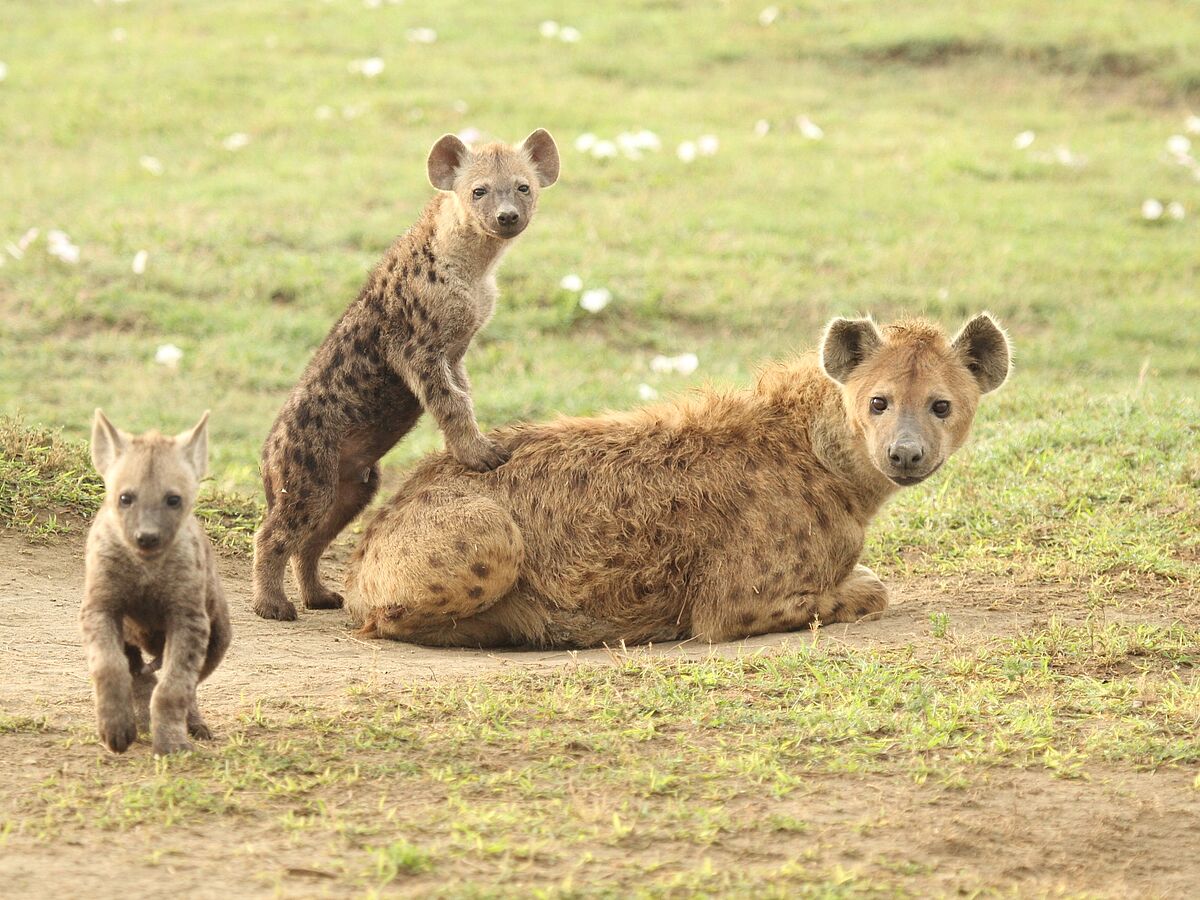Quantifying the by-products of hormone degradation in urine and faeces is crucial for studies in wildlife conservation. Scientists from the German Leibniz Institute for Zoo and Wildlife Research (IZW) established a new method that allows comparison of such measurements over long periods of time and between different laboratories. The results of this study have been published in the scientific journal “Methods in Ecology and Evolution”.
How do we learn about animals that are extremely shy, dangerous or that live in places that are difficult to access? A well-established method is to examine what such animals leave behind them. Indeed, scientists can now derive most secret details about an animal’s social and sexual life or its physiological response to disturbance from measuring the concentration of hormone by-products (metabolites) in its faeces or urine.
Hormone metabolite concentrations are quantified using enzyme immunoassays. Specific antibodies bind to the metabolite of interest, and the quantity of bound antibodies provides an estimation of the metabolite concentration in a sample of faeces or urine. However, the accuracy of an enzyme immunoassay is influenced by certain properties of the metabolites and modifications in laboratory conditions, and this may lead to a bias between measured and true hormone concentrations. Such a bias is negligible if it is constant for all samples and if the main focus of a study is to understand relative differences in metabolite concentrations between animals. But if the accuracy of measurements varies considerably, results are not comparable and combining them in a statistical analysis would lead to misinterpretations. Previously, the only way to solve this problem was to re-analyse all samples together in one batch, but this is costly in time and money and may not always be feasible, especially when data sets are large and samples are no longer available.
The behavioural ecologists Eve Davidian and Sarah Benhaiem, and their colleagues from the IZW developed a mathematical method that allows the comparison of measurements when the accuracy of an enzyme immunoassay varies by re-analysing only a subset of samples. The scientists collected nearly 500 faecal samples from spotted hyaenas in the Ngorongoro Crater in Tanzania as part of a long-term study initiated in 1996. The accuracy of faecal cortisol (the so-called ‘stress’ hormone) metabolite concentrations varied during different periods of examination. The new method however rendered all measurements comparable with each other by using a subset of only 27 samples. “Our procedure standardises the concentration of hormone metabolites in a simple and inexpensive way, and can be applied to a variety of species, sample types and hormones”, comment the authors.
Their new method is particularly useful for long-term studies that deal with large data sets and for international collaborative projects that share the laboratory workload between different facilities and are likely to experience variation in enzyme immunoassay accuracy. The procedure should thus ultimately contribute to a better understanding of complex processes, such as interactions between hormones, behaviour and diseases. “We can now get more comprehensive information to protect and conserve wild animals”, emphasises Eve Davidian.
Publication:
Davidian E*, Benhaiem S*, Courtiol A, Hofer H, Höner OP, Dehnhard M (2015): Determining hormone metabolite concentrations when enzyme immunoassay accuracy varies over time. METHODS ECOL EVOL; doi:10.1111/2041-210X.12338.
* contributed equally to this work
http://onlinelibrary.wiley.com/doi/10.1111/2041-210X.12338/abstract
Contact:
| Leibniz-Institut für Zoo- und Wildtierforschung (IZW)
in Forschungsverbund Berlin e.V. Alfred-Kowalke-Str. 17 10315 Berlin Wissenschaftliche Fragen: Dr. Sarah Benhaiem Tel: +49 30 51 68 520 Email: benhaiemizw-berlin.de Dr. Oliver Höner Tel: +49 30 51 68 516 Email: hoenerizw-berlin.de Presseanfragen: Steven Seet Tel.: +49 30 5168 125 Email: seetizw-berlin.de |


